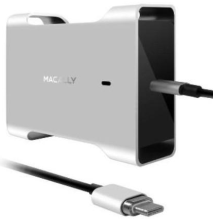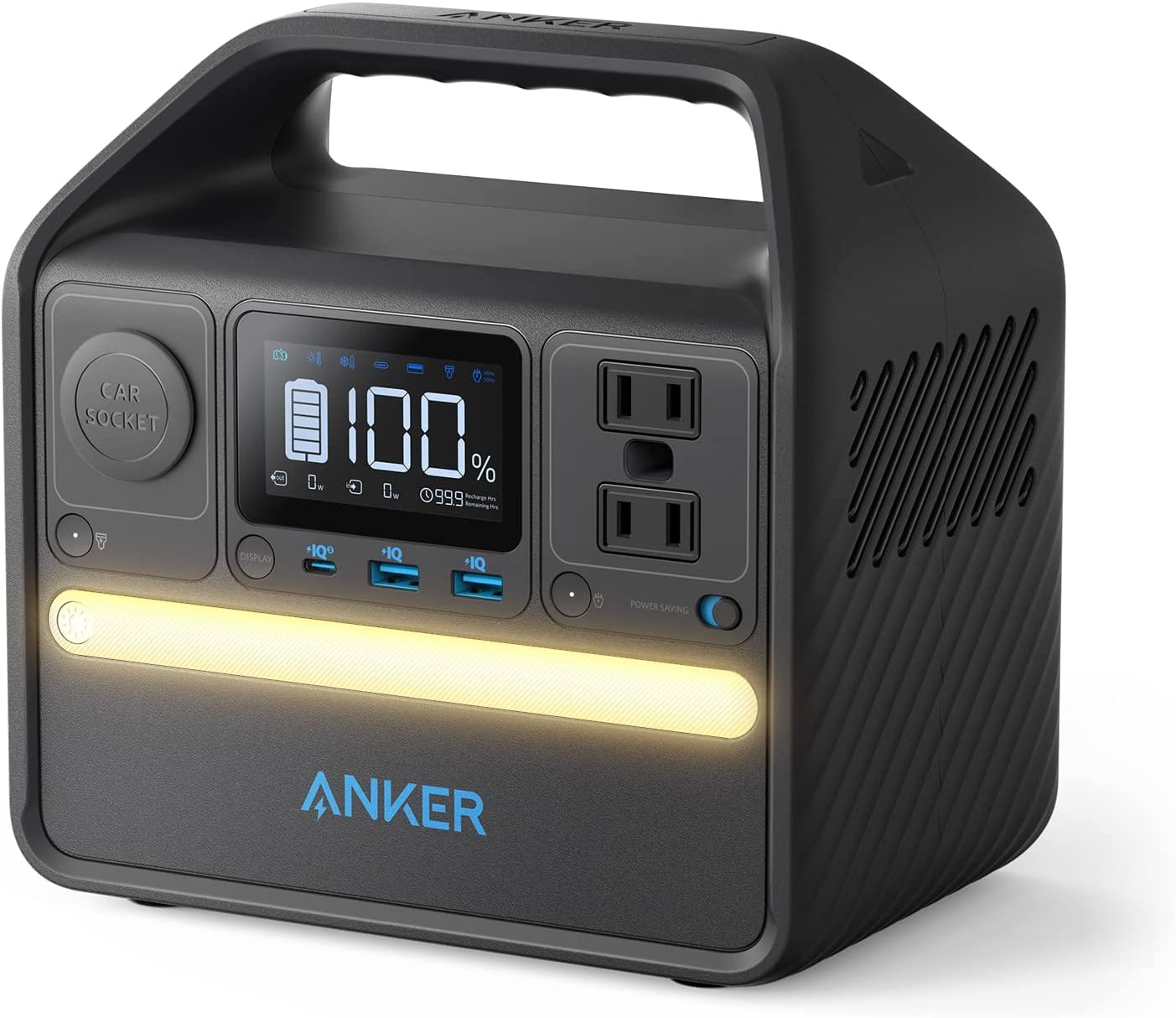4 Things All Novice Welders Need to Know

Welding might seem simple from the outside, but it requires a complex understanding of a wide variety of metals, consumables, safety gear, and other specific components. If you’re starting out in the field or teaching a newcomer the ropes, take a look at these four things all novice welders need to know right out of the gate.
Safety Gear Is a Requirement, Not a Suggestion
No matter what kind of welding method you’re practicing, you need to have the right safety gear in place. Welding requires safety gear items, such as fireproof attire, specialized welding helmets, and gloves, just to name a few. Some welding methods require even more safety gear, such as TIG welding, which requires the welder to wear a respirator because of the radioactive nature of the tungsten electrode involved in the process.
Know the Voltage Your Weld Needs
Knowing the voltage requirements of your welding equipment and materials is essential because if you don’t have the means to supply the proper power levels, you won’t be able to weld effectively. Some metals require high voltage levels to weld because of their thickness, while other metals are thick enough to handle only lower voltage settings.
Use the Right Consumables
Different welding methods use varied forms of consumables to complete tasks. For instance, TIG welding uses the tungsten electrode mentioned earlier, whereas MIG welding uses a wire electrode. Whichever consumable you plan on using, make sure to attach it carefully and securely. Even more important—make sure it’s the right consumable for the weld you’re completing. Doing this will help you maintain a stable arc during the duration of your weld so you can achieve a presentable final product.
Make Sure to Keep Your Base Metal Clean
Before beginning the weld, you’ll need to make sure your base metal is clean. You’ll need to keep it clean throughout the whole weld because, during the process, grease, dirt, and other forms of debris can accumulate in the weld pool. Your base metal is also susceptible to contamination from moisture and oxidation during the weld. If this happens, it will hinder the quality of the overall weld, which means you’ll have to start over from the beginning. Some metals require you only to wipe them with a dry cloth, but others require more specific cleaning procedures. It’s important to understand how to clean the specific metal you’re using so you can effectively prepare it for the weld.
As you can see, each way you implement these tips into your weld is dependent on the specific form of welding you’re carrying out. However, no matter which method you choose, these four things all novice welders need to know will go a long way toward helping you achieve a quality weld. The more you become familiar with the various methods and materials used in welding, the better you’ll understand how to apply these principles.





